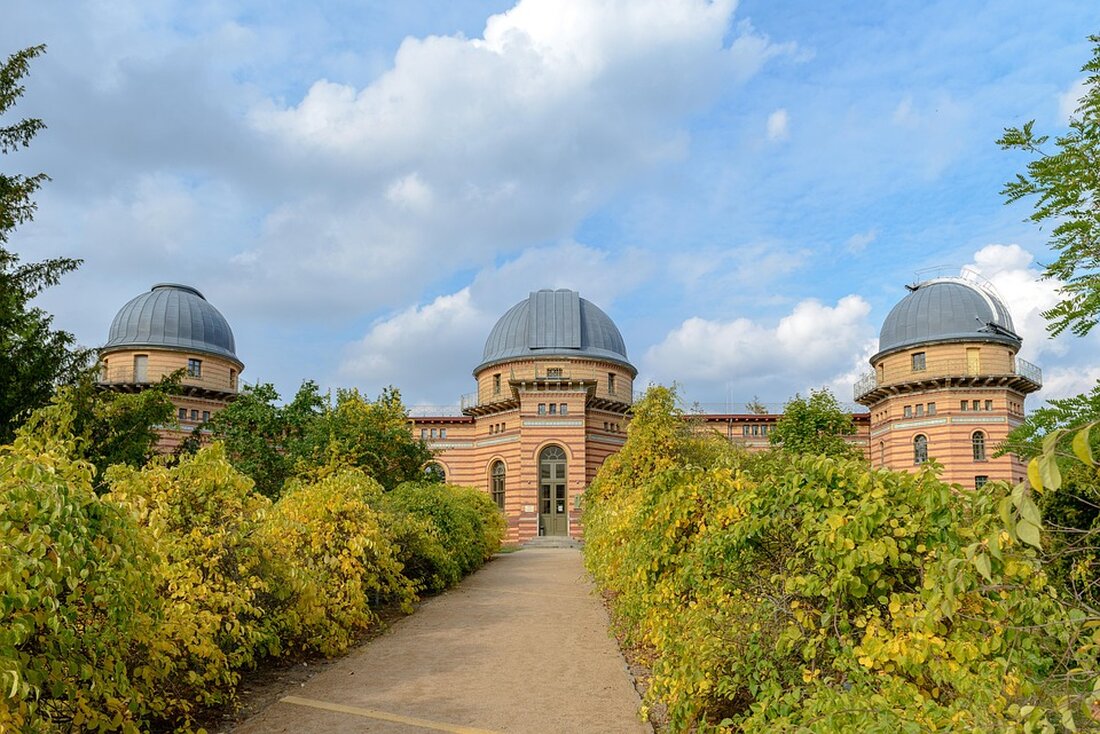Climate researcher Grimalda: Slow travel as a future model for the planet!
Behavioral economist Gianluca Grimalda quit his job to travel from Papua New Guinea to Germany in an environmentally friendly way.

Climate researcher Grimalda: Slow travel as a future model for the planet!
In October 2023, behavioral economist Gianluca Grimalda quit his job at the Kiel Institute for the World Economy (IfW) to travel from Papua New Guinea to Germany in an environmentally friendly manner. Grimalda had previously conducted research in Papua New Guinea for seven months and did not want to return by plane, which led to his termination as his employer did not accept the long travel time. He plans to start a new position at Masaryk University in the Czech Republic in January. To complete his projects, he received funding for two studies in Bougainville that address the challenges faced by indigenous societies there.
The first of his research projects examines economic mobility in 50 different indigenous societies, while the second analyzes people's behavior in situations of collective risk, such as climate change. Grimalda emphasizes the need to study these issues on the ground, as affected communities are already suffering greatly from the effects of climate change. His decision to travel slowly is not only a personal commitment to reduce his carbon footprint, but also a statement on the relevance of slow travel.
The challenges of the affected communities
In Bougainville, local voices also confirm the catastrophic consequences of climate change. Helena Hakena, President of the Catholic Women's Association on the island, sharply criticizes the western industrialized nations and highlights the threat to livelihoods caused by raw material extraction. This is a direct threat to people's traditional way of life, as the mining of copper, lithium, nickel and rare earths leads to massive environmental destruction. Mundiya Kepanga, a spokesman for the Huli tribe, also points to the deforestation in Papua New Guinea, which is caused by Asian companies and is further destabilizing the region.
The situation of the smaller island states is complicated by international conferences such as COP28 in Dubai, which Oceanic states find disappointing. Their voices often go unheard, and President Surangel Whipps Jr. of Palau criticizes the final declaration, which contains inadequate protections for small islands. These countries are fighting the dire consequences of climate change, including extreme weather events, sea level rise and declining fish stocks. The first resettlements of climate refugees in Papua New Guinea are already underway, starting in the Carteret Islands in the 2000s. In this context, Australia has also concluded an agreement with Tuvalu, which is supposed to accept up to 280 climate refugees annually, but President Whipps Jr. sees these plans as inadequate and criticizes the endangerment of entire cultures.
The search for solutions
The discussion about climate policy is continued by the report from the International Court of Justice (ICJ), which is intended to clarify what obligations states have in the fight against global warming. The resolution establishing this report was introduced by Vanuatu and supported by 130 UN member states. The “Alliance of Small Island States” and the “Forum of Pacific Islands” are also taking part in the discussions on climate change obligations.
Grimalda, who is committed to sharing the results of his research with Bougainville communities, feels it is his responsibility to represent the perspective of those who cannot afford air travel. His journey of 28,000 kilometers through 16 countries over two months is emblematic of the need for more sustainability in travel. In this context, he highlights the importance of slow travel to better understand people and society. Grimalda believes in a turning point in the global energy transition and quotes Martin Luther King to make it clear that, despite all the challenges, he wants to continue to actively promote climate protection.
taz and Deutschlandfunk reported on the need to take climate change seriously and to hear the voices of affected communities.

 Suche
Suche
 Mein Konto
Mein Konto